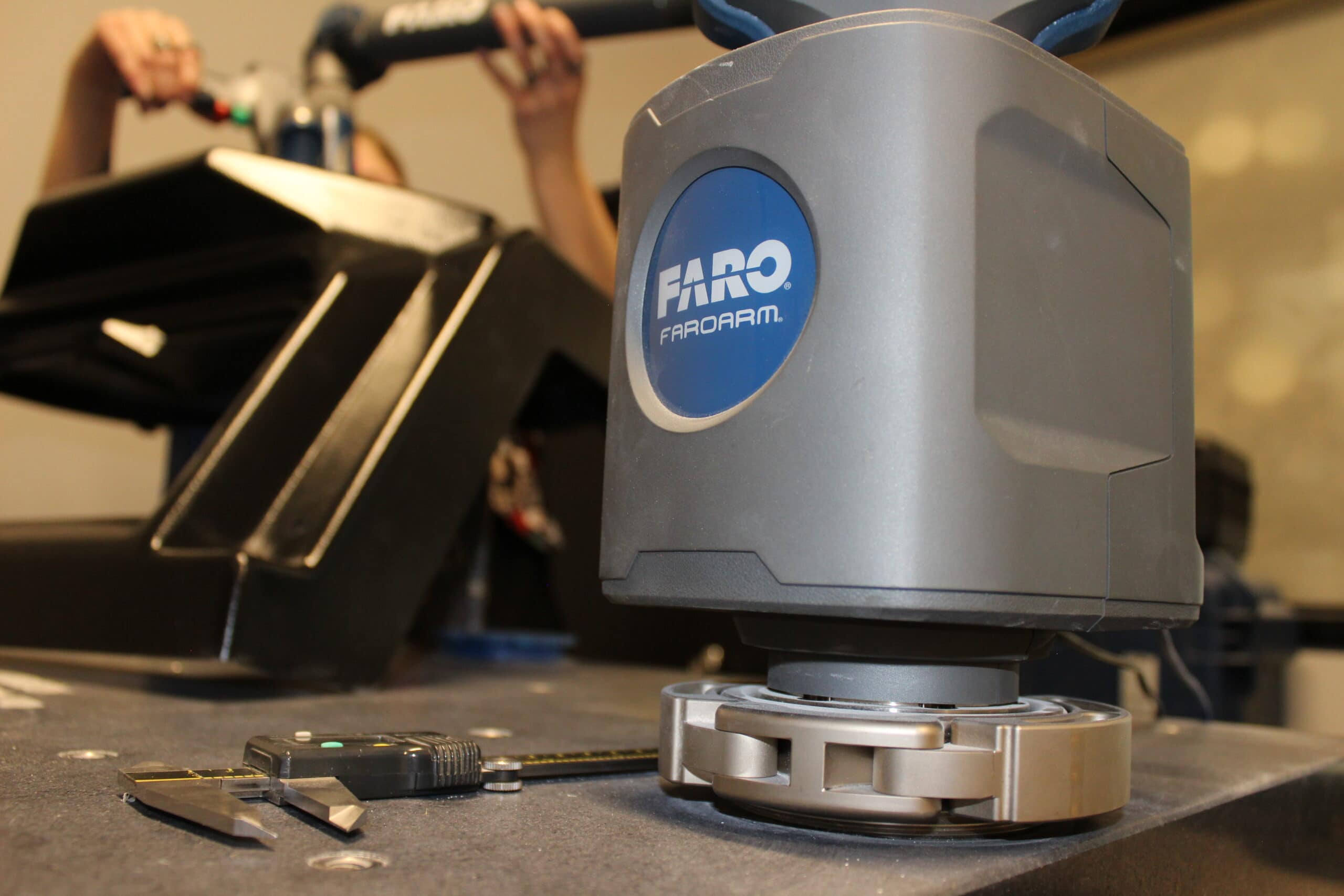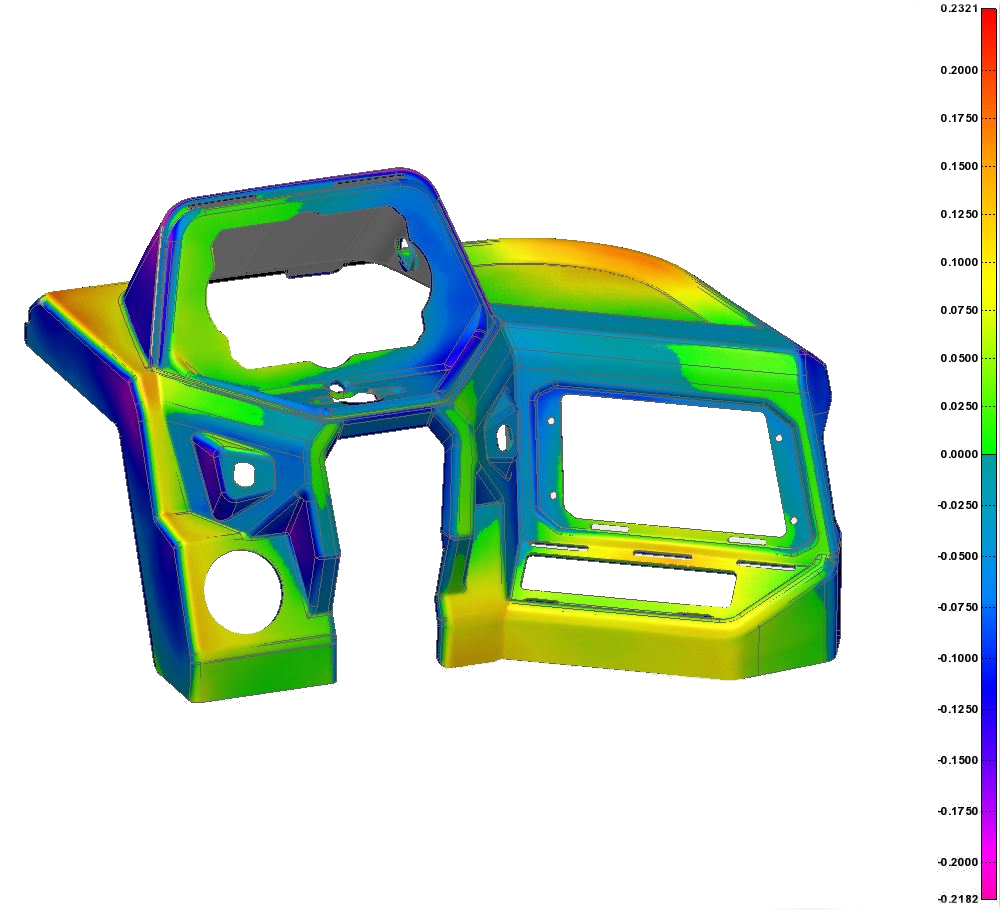QA/QC Inspection Services
In the manufacturing industry, quality assurance (QA) refers to processes within a quality management system that manufacturers use to achieve consistent quality levels for the products they make. Through effective QA processes, manufacturers and their customers benefit from consistent quality across all products and production runs.
Learn the differences between quality assurance and quality control (QC) and how each one contributes to better-quality end products.
QA vs. QC: What’s the Difference?
If you’re wondering what the difference is between quality control vs. quality assurance, the simplest explanation is that the former is reactionary and the latter is preventative.
Specifically, quality control is a component of QA with the purpose of correcting problems that develop. For example, quality control measures could involve product inspections at the end of the production process, ensuring the final product meets the customer’s, manufacturer’s, and industry’s quality standards. Other processes in quality control systems could include facility walkthroughs, testing, and checkpoint reviews.
Conversely, quality assurance entails proactive measures to improve quality throughout production. QA efforts could include defining various processes, educating teams on tool selection, and training employees on equipment and procedures. In addition, manufacturers may conduct internal audits to gauge the quality of their processes.
In other words, QA centers around processes and proactive steps, while QC centers around products and is reactive. Together, manufacturing quality assurance and quality control are essential to creating a comprehensive quality management system.
Advantages of Coordinate Measuring Machines (CMMs) in QA & QC
To optimize quality assurance for manufacturing processes, many facilities rely on coordinate measuring machines (CMMs). This equipment makes QA easier for manufacturers in need of effective, proactive systems to maintain consistent quality throughout the production process.
The main advantages of portable coordinate measuring machines are the ability to:
- Measure three-dimensional and geometric dimensioning and tolerancing (GD&T) features
- Develop in-depth inspection reports from any part of the facility
- Compare results to the computer-aided design (CAD)
- Capture scan data for reverse engineering purposes
- Capture surface scans of live product for quality evaluations
These devices use handheld probes, providing operators with a full range of motion and the ease of use they’d find with traditional CMMs. At the same time, these portable versions allow for the same level of accuracy and offer the same capabilities as larger CMMs.
Our CMMs offer numerous benefits over other devices, as they eliminate moving parts and computer numerical control (CNC) programming. Our CMMs are also used as a complementary tool to minimize inspection delays and increase the efficiency of the overall operation. By documenting and performing accurate, repeatable measurements of even the most complex components, portable CMMs are valuable tools for streamlining quality control and quality assurance processes.
Quality Assurance Manufacturing by Aubright
If you need quality assurance and quality control solutions for your project, you’ll find both when you work with Aubright. We qualify our customers’ parts prior to launch and ensure good parts throughout the lifecycle of their projects. Our goal is to minimize quality issues and defects over the course of every production run. Our state-of-the-art inspection equipment, onsite quality engineers, and other inspection capabilities demonstrate our dedication to quality.
To learn more about our full range of capabilities, contact us today.


